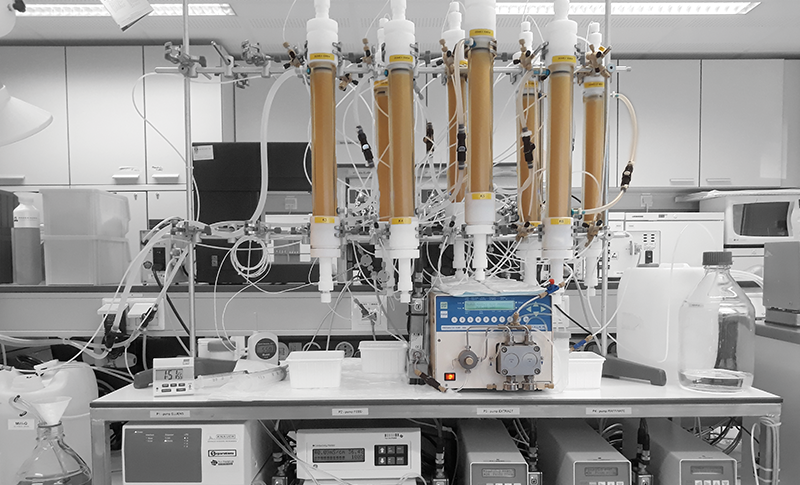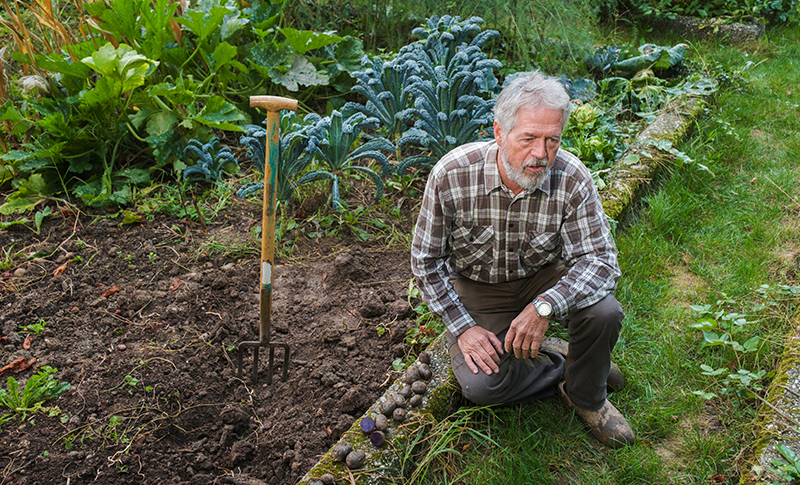The EU invests millions in responsible innovation aimed at benefiting both the economy and society at large. PhD candidate Lucien von Schomberg (Philosophy) considered the question ‘What is innovation?’ and examined the consequences the answer has for society. In January he defended his thesis Raising the Sail of Innovation.
‘Innovation is often just a technological invention with market value, such as a smartphone,’ says Von Schomberg. ‘This techno-economic definition doesn’t fit well with responsible innovation.’ Are social media benefiting the general public or mainly the social media companies? In his thesis, he delves into history and philosophy in search of an alternative concept that can help us resolve complex problems.
Hannah Arendt
‘In the past, innovation had nothing to do with technology, let alone the market,’ says Von Schomberg. ‘The Ancient Greeks saw innovation as something threatening that made people question the established order. So for a long while, innovation was a political concept. That changed in the Renaissance, when innovation signified progress and discovery. Innovation has only become something technological with a market value since the Industrial Revolution, and especially in the past 50 years.’
Von Schomberg wondered what the Ancient Greeks’ political concept of innovation could mean for us in the context of responsible innovation. The ideas of the philosopher Hannah Arendt play a key role. ‘Innovation for society should aim to empower each individual and make sure everyone can express themselves in word or deed,’ explains Von Schomberg.
Action
Arendt divides people’s activities into three levels: labour, work and action. As Von Schomberg explains, ‘Labour is all the necessary, physical things we do to survive, such as eating and sleeping. Work is the useful things, building something new that is not part of nature, such as a table. Action is taking the initiative for something where the consequences are unknown and unpredictable.’
Our techno-economic definition doesn’t fit well with responsible innovation
Von Schomberg defines innovation as creating something new (‘work’ in Arendt’s terminology) that enhances people’s scope for action. ‘Take the washing machine. It was something new but it also helped the emancipation of women.’ His definition can help politicians evaluate innovations, but it can also encourage innovators to prioritize society rather than businesses in the design phase. ‘It gives a philosophical basis for policy geared to responsible innovation.’
Football
Von Schomberg applied his insights to football. He worked as a football coach at the club KRC Genk, and the management asked him to turn his philosophy into a vision for the youth training scheme. So Von Schomberg put Arendt’s ideas into practice: ‘Labour is all about a healthy lifestyle and the player’s core values. Work is about how the player develops. Finally, action is about showing your unique qualities. It means trusting and encouraging, making promises and being forgiving.’ Von Schomberg now uses the football case to illustrate Arendt’s philosophy in his job lecturing to students at the University of Greenwich in London.

 ‘The Ancient Greeks saw innovation as something threatening that made people question the established order’, says philosophy PhD candidate Lucien von Schomberg. (The photo shows caryatids in Athens.) Photo Shutterstock
‘The Ancient Greeks saw innovation as something threatening that made people question the established order’, says philosophy PhD candidate Lucien von Schomberg. (The photo shows caryatids in Athens.) Photo Shutterstock 

